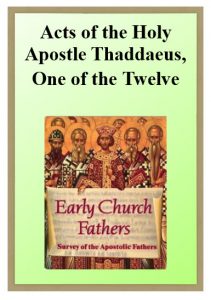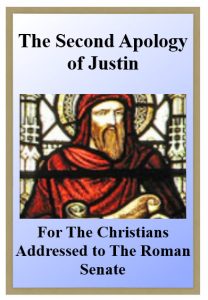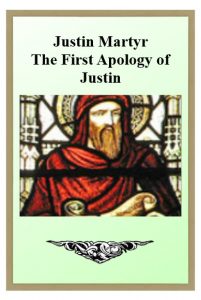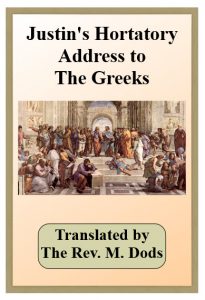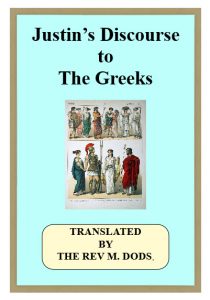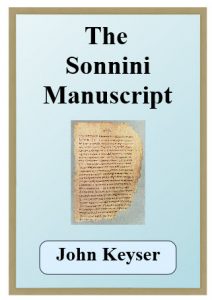LEBBAEUS, WHO ALSO IS THADDAEUS, WAS OF THE CITY OF EDESSA–and it is the metropolis of Osroene, in the interior of the Armenosyrians–an Hebrew by race, accomplished and most learned in the divine writings. He came to Jerusalem to worship in the days of John the Baptist; and having heard his preaching and seen his angelic life, he was baptized, and his name was called Thaddaeus. And having seen the appearing of Christ, and His teaching, and His wonderful works, he followed Him, and became His disciple; and He chose him as one of the twelve, the tenth apostle according to the Evangelists Matthew and Mark.
In those times there was a governor of the city of Edessa, Abgarus by name. And there having gone abroad the fame of Christ, of the wonders which He did, and of His teaching, Abgarus having heard of it, was astonished, and desired to see Christ, and could not leave his city and government. And about the days of the Passion and the plots of the Jews, Abgarus, being seized by an incurable disease, sent a letter to Christ by Ananias the courier, to the following effect:–To Jesus called Christ, Abgarus the governor of the country of the Edessenes, an unworthy slave. The multitude of the wonders done by thee has been heard of by me, that thou healest the blind, the lame, and the paralytic, and curest all the demoniacs; and on this account I entreat thy goodness to come even to us, and escape from the plottings of the wicked Jews, which through envy they set in motion against thee. My city is small, but large enough for both. Abgarus enjoined Ananias to take accurate account of Christ, of what appearance He was, and His stature, and His hair, and in a word everything.
